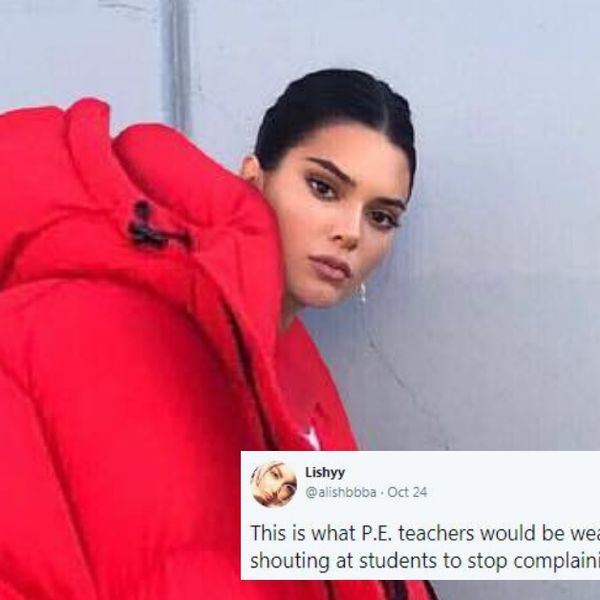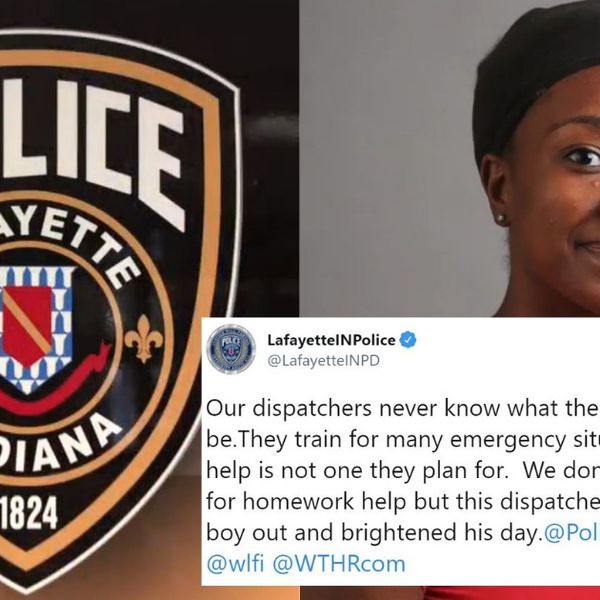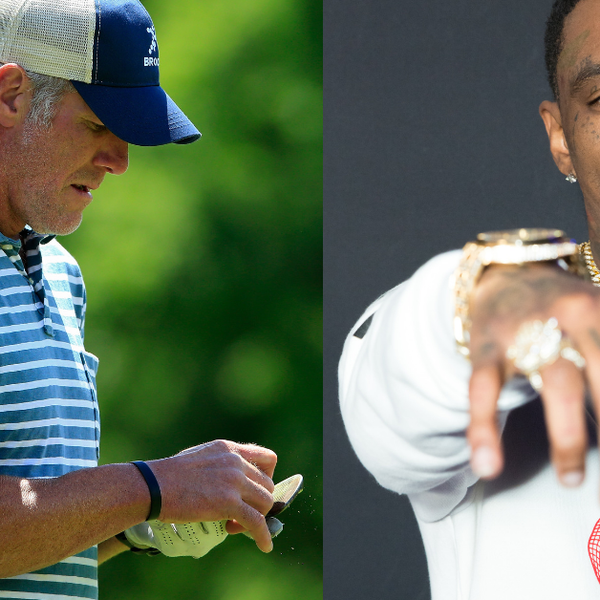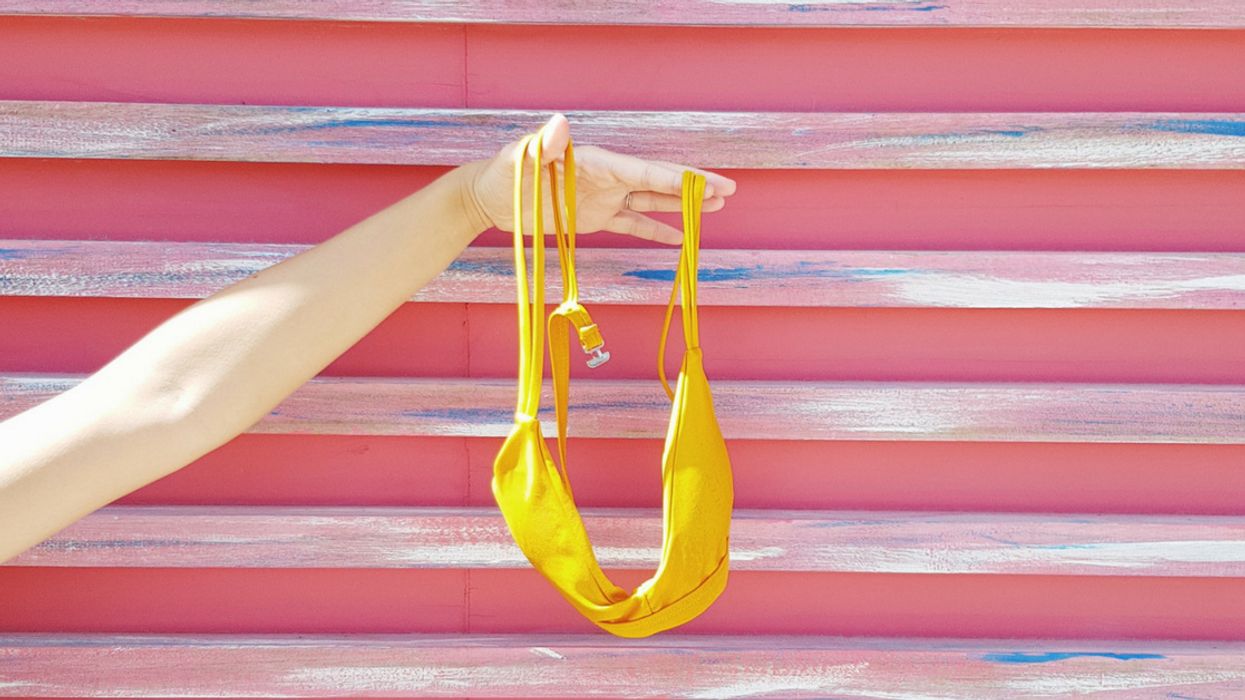October, 2001, LOS ANGELES - It has not been a month since the horrific events of September 11th but our lives have been undeniably transformed. Our resolve to get back to our "normal" lives now seems abnormally resolute. Despite our determination, however, my calendar has been changed by the cancelations and postponements of scheduled meetings and events. Today, normality requires conscious effort. We are aware of the need for caution in surroundings that we once blithely accepted without a thought. Even with some of the most normal activities -- like spending money -- I am conscious of our need to buttress up our wounded economy. Shopping has an air of patriotism about it. Indeed, the American flag can be seen everywhere - fluttering from cars, draped on buildings, prominent in advertising and adorning peoples' lapels and dresses. Most of all, I have been deeply affected by and learned from the people who have contacted me since the tragedies.
I've had phone calls and letters from friends far and near - from Europe, Brazil, Japan and other parts of the world. My statement on the tragedies of September 11th, which I posted on my web site last month, brought a tidal wave of comments. I heard from people in the military, industry colleagues, journalists, and from fans throughout the world. I appreciate the strong words of support that I've received. I've been touched by the concerns expressed. I've been stirred by their outrage. And, I have learned from the many thoughtful views that were conveyed to me. I'd like to share a sampling of their comments with you.
One writer, in describing the hate crimes being inflicted on Arab Americans, said that they "simply happened to resemble the enemy-du-jour." That phrase has a chilling echo for Japanese Americans who were incarcerated by our own government simply for "looking like the enemy." The writer emphasized that in the effort to assure security, civil liberties must not be compromised. He then referred to a statement from Benjamin Franklin. "Those who would sacrifice liberty for security deserve neither," he quoted from Franklin. In his own words he said, "If my neighbor is not free, then neither am I."
An industry colleague wrote, "I'm proud of the leadership and patriotism that you show in your statement regarding the tragic events of 9/11. I am also proud of the courageous efforts made by yourself and other members of our industry [he is a visual effects operator] who have a visible presence around the world. I believe it truly shows the motto 'E Pluribus Unum' (of many - one) that this country, in particular, stands for."
Another man now living in Austin, Texas, expressed the same kind of understanding. "I was born and spent a lot of my life in southern Arkansas - typical Smalltown, USA. I didn't realize [the U.S. internment camp for Japanese Americans] was only forty miles from the place my family called home. A good friend of mine took me to the site at Rohwer, and I was deeply moved. We walked up to the memorial [in the graveyard] and stood silent for a few minutes. Then we began to look around and I thought how awful it must have been to be wrenched from a place you thought of as home and placed in this isolated, desolate place. Then I started wondering, 'What about the people who died there? Will they be forgotten, what they went through erased by time? I have since made a point to tell friends, family, and others about that place and why it's important NOT to forget. I picked up the paper and read of a gentleman who had his business set on fire over the weekend because he was Muslim. People don't get it - they just added another casualty to the list. They are no better than the terrorists."
A Japanese American woman from New York wrote, "After seeing the sheer devastation of the World Trade Center and knowing many of my neighbors are among the missing. I hear so much anger and need for revenge against anyone of Muslim or Middle Eastern ethnicity. Your words in your book [To The Stars] were so profound about the prejudice Americans vented against Americans I wish you would write so that the level of current hate would not escalate... I too am a Nisei [Japanese American] who grew up in the suburbs of NYC where there are so few Japanese Americans or any other Asian groups and I always cringed to hear ethnic jokes and gestures. A shame that my children still endure the same type of prejudice I tolerated."
Words have tremendous power to hurt. From the letters I received, I've been reminded of the care that I, too, need to put into the words I use. In my statement on the tragedies of September 11th , I used the word, "rednecks." In my anger, I referred to the deluded fanatics among us here in America that lashed out in blind vengeance against Arab Americans for only looking like the enemy. They were white men ranting that they are "American." I used the word "rednecks" to mean racist, bigoted whites with a proclivity for violence. I've had more than a few people remind me that there is a larger connotation to that word. One wrote, "I understand (and maybe even agree in principle) with the sentiment some people may have with regards to ignorant, inconsiderate people, but as a white male, I am sensitive to what I consider a term mostly aimed at white people, particularly males: it seems it's okay to single out some, still. We should eradicate ALL racist remarks from our vocabulary, no matter how they are meant, in order to, hopefully, achieve the world that Gene Roddenberry and yourself hoped to inspire."
Words and how we use them indeed do have great force. Especially in this great multi-cultural and multi-racial society of that we live in, I should have exercised keener understanding of that simple fact. I was careless. My thanks to all who have written to remind me of the responsibility and care we all must take with the power of words. I have learned. I have revised my September 11th statement, substituting the phrase "domestic fanatics" for the now-deleted "rednecks." I know that I will continue to learn. Perhaps there are some silver linings we can find in all this, after all.
Woman Was Fired For Refusing To Wear A Bra At Work—And Now She's Suing
Christina Schell, from Alberta, Canada, stopped wearing bras three years ago citing health reasons.
While Schell did not specify the health reasons, she did state she finds them to be "horrible."
But after her refusal to sign or adhere to a new enforced dress code policy to wear a bra or tank top under her work shirt at a golf course grill where she worked, Schell was promptly fired.
Now, the 25-year-old has filed a human rights violation against the Osoyoos Golf Club, Osoyoos, in British Columbia, Canada.
Schell said:
"I don't think any other human being should be able to dictate another person's undergarments."
When she asked the general manager, Doug Robb, why she had to comply, the manager told her the mandate was for her protection.
Robb allegedly said:
"I know what happens in golf clubs when alcohol's involved."
After losing her job, she brought the case to the British Columbia Human Rights Tribunal and told them the club's dress code was discriminatory because the rule didn't apply towards male employees.
Schell told CBC:
"It's gender-based and that's why it's a human rights issue. I have nipples and so do the men."
David Brown, an employment lawyer in Kelowna, BC, said gender-specific dress codes could be viewed as discriminatory under the BC Human Rights Code.
He stated:
"It's an interesting question as to whether or not an employer can dictate the underwear that women can wear, but they don't say anything about the underwear that men can wear, and does that create an adverse impact on the individual?"
Brown added:
"If this policy is found to be discrimination, the next question is does the employer have a bonafide occupational requirement to essentially impose this on the individual?"
"I'm kind of scratching my head as to what that occupational requirement would be."
@GlobalBC The policy is sexist the peopl supporting it are sexist. Hope she wins her complaint— Lori bell (@Lori bell) 1529692660.0
@Shelby_Thom @WoodfordCHNL @GlobalOkanagan @GlobalBC Then men should have to wear either a tank top or undershirt— caffene fiend (@caffene fiend) 1529624161.0
@SoldByBrock @Shelby_Thom @GlobalOkanagan @GlobalBC What does common courtesy have to do with wearing a bra? Breast… https://t.co/ZVI2xDdpgf— M Shumway (@M Shumway) 1529843759.0
As for the tank top option, due to working under oftentimes extreme heat serving tables outsides, Schell did not want to wear another layer of clothes just because of her gender.
Schell said:
"It was absurd. Why do you get to dictate what's underneath my clothes?"
Employment lawyer Nadia Zaman told CBC that the club can enforce a gender-specific policy as they deem necessary as long as the establishment can prove it is for the occupational safety of its workers.
But the attorney questioned if forcing female employees to wear a bra was applicable in this case.
Zaman stated:
"If they simply require that female employees wear a bra but then they don't have a similar requirement for males, and they can't really justify that … then there is a risk that their policy's going to be deemed to be discriminatory."
Under British Columbia's discrimination law, it is illegal for employers:
'to discriminate against any individual because of his race, color, religion, sex, or national origin'.
@GlobalBC @globalnews Logistically bras or the absence of does not impact health or work performance. That is my v… https://t.co/65cLHBMowf— Louisette Lanteigne (@Louisette Lanteigne) 1529769211.0
McDonald's employee Kate Gosek, 19, agrees with Schell in that the dress code is "unnecessary." She too was harassed by her employers at a McDonald's in Selkirk, Manitoba, over refusing to wear a bra.
"She just told me that I should put on a bra because, McDonald's—we are a polite restaurant and no one needs to see that."
Schell's case sparked plenty of debates on Twitter.
@DunnMan77 @GlobalBC It's just discriminatory, woman shouldn't have to wear bras if they don't want to. As well as… https://t.co/RXhRVWUuNy— Mary Johnson (@Mary Johnson) 1529685276.0
@DunnMan77 @GlobalBC Men do not have to wear underpants if they don't want to. As of right now there are no laws to… https://t.co/l8FuPVybWo— Mary Johnson (@Mary Johnson) 1529686418.0
@GlobalBC Women have the right not to be forced to wear a bra Shaving & makeup also is a choice. If you want to do… https://t.co/Ybkj6PLDnD— Lozan (@Lozan) 1529686156.0
@Lozan72 @GlobalBC I would completely understand her and your argument if we were talking about a potential law to… https://t.co/trRyNAubn4— Chris George (@Chris George) 1529690293.0
@GlobalBC This story frustrates me. There's no dress code equivalent for men? Well if I saw the outline of a male s… https://t.co/5YbAvXKRcO— Molly Max (@Molly Max) 1529705327.0
Schell is not alone in her disdain for bras.
@GlobalBC I personally HATE wearing a #bra absolutely hate it with passion and unashamed to admit it. I HATE BEING… https://t.co/GEi3LtxIDa— Lozan (@Lozan) 1529686305.0
Schell is still waiting to hear from the Human Rights Commission about her claim.
H/T - GettyImages, Twitter, Indy100, CBC











